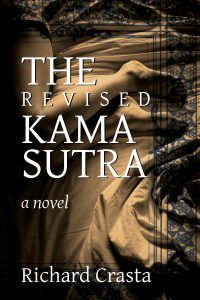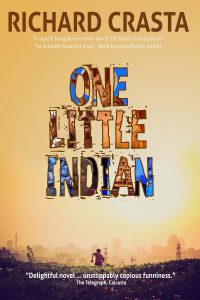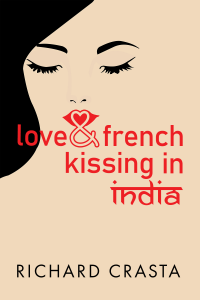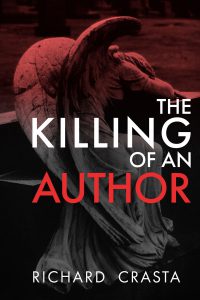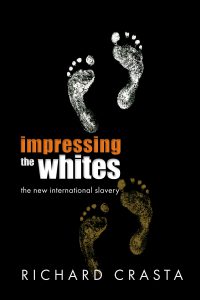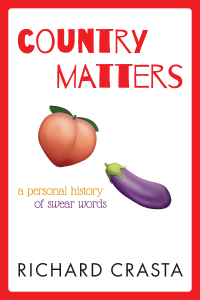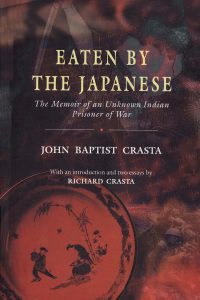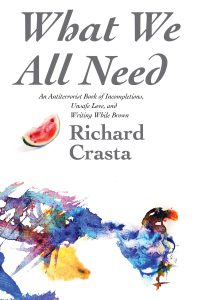Some people believe that restrictions on language — official or social censorship of speech and writing — compel writers and other artists to be more creative, and these restrictions are therefore a good thing. While this argument has some merit, on the whole, restrictions on language are restrictions on thought, which must reflect natural speech and uncensored expression. While I would of course want my child not to be foul-mouthed, not to utter words that might get him/her into trouble, I know my stewardship will end at some point, and that exposure to rap songs, street language, and other books and comics will rip through the innocence of his childhood.
It’s inevitable, and it’s called being in touch with the real world. In The Revised Kama Sutra, I write a few paragraphs about how important freedom of language and expression are, and how arbitrary and socially imposed distinctions between “bad words” and “good words” can be stifling. I expanded on this concept with a long essay, written at the same time, but which I never got around to publishing.
Here, at last, is my short book [updated Jan 15, 2016] on the subject: Liberating Language: An Approach to Naughty Words.
A different, slightly longer (and better, in my opinion!) version is also available on Google Play.
I think that readers who loved the humor, wordplay, and freewheeling prose of The Revised Kama Sutra, and its unbuttoned approach to language, will love this book”s central essay’s tongue-in-cheek humor (you may not see it in the sample, which consists of the parts written recently, which are more historical, analytical, or reflective).
